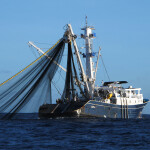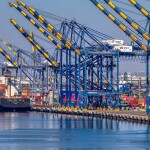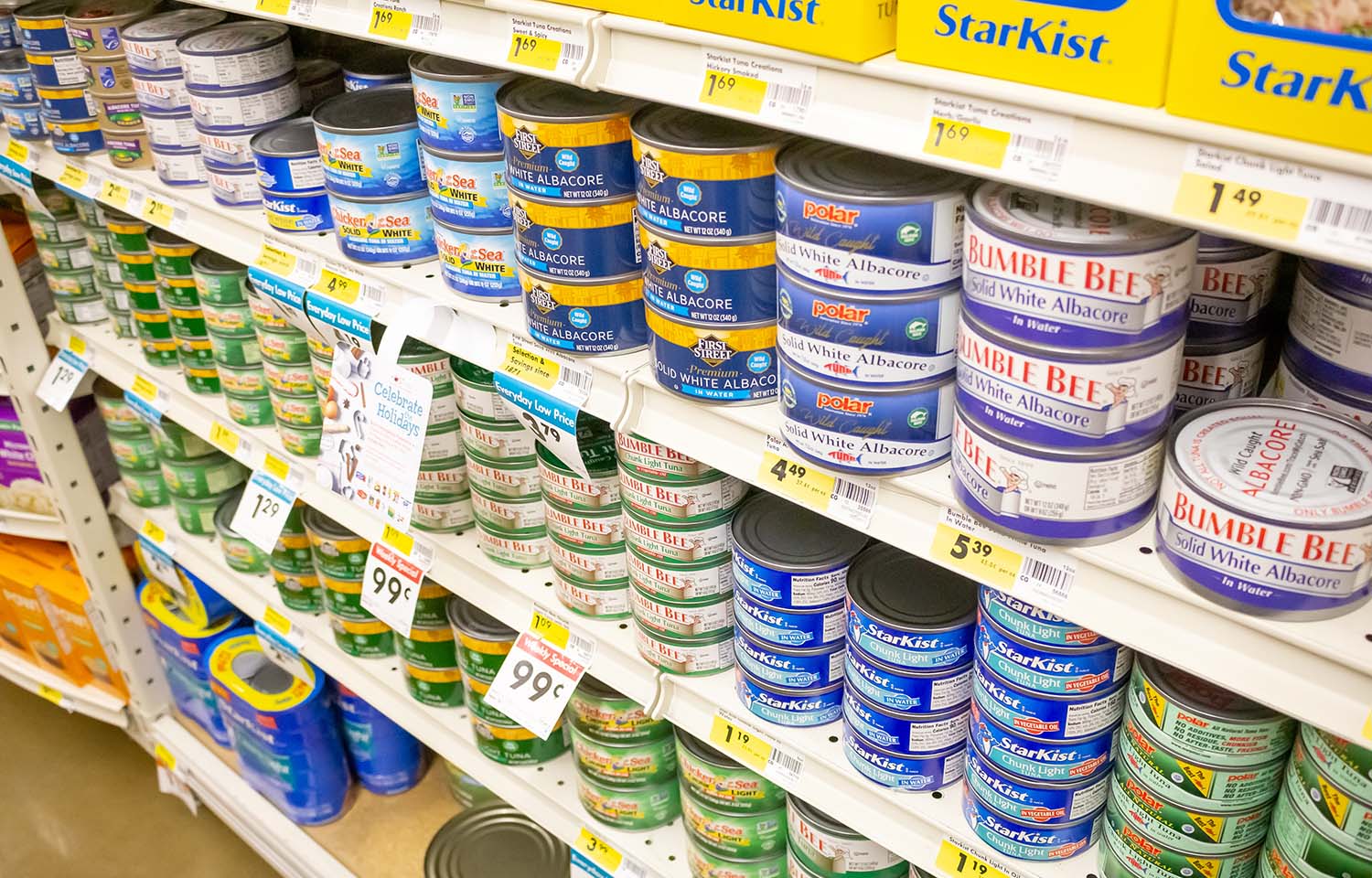StarKist and its owner, Dongwon Industries, and former Bumble Bee Foods owner Lion Capital have agreed to pay more than USD 200 million (EUR 180 million) to settle class-action lawsuits, alleging they collaborated to fix the price of canned tuna between 2011 and 2015.
Two separate settlements were filed 13 August between the so-called end-payer plaintiffs (EPPs) and direct purchaser plaintiffs (DPPs) and companies alleged to have engaged in a criminal conspiracy to artificially elevate the prices of tuna products sold in the U.S. market. StarKist and Bumble Bee both pled guilty to criminal charges related to the case.
The EPP settlement will send USD 136 million (EUR 122.3 million) in repayments and awards for damages to consumers, which will be added to the USD 16.2 million (EUR 14.6 million) Chicken of the Sea previously agreed to pay in a separate civil settlement. Residents of Arizona, Arkansas, California, the District of Columbia, Florida, Guam, Hawaii, Iowa, Kansas, Maine, Massachusetts, Michigan, Minnesota, Mississippi, Missouri, Nebraska, Nevada, New Hampshire, New Mexico, New York, North Carolina, North Dakota, Oregon, Rhode Island, South Carolina, South Dakota, Tennessee, Utah, Vermont, Virginia, West Virginia, and Wisconsin, who purchased packaged tuna in cans or pouches smaller than 40 ounces for end consumption and not for resale, between 1 June 2011 and 1 July 2015 are eligible to receive a portion of the settlement.
The DPP settlement includes payment of USD 32.65 million (EUR 29.4 million) and USD 26.1 million (EUR 23.5 million) worth of packaged tuna products, paid to companies including Olean Wholesale Grocery, Pacific Groservice, Piggly Wiggly Alabama Distributing Co., Central Grocers, Trepco Imports and Distribution, and Benjamin Foods, among other smaller retailers also included in the class. Eligible class members will be given a redemption code for a pro rata share of StarKist products with pre-paid shipping for their first order, and with free shipping on full truckloads for subsequent orders.
Both agreements are subject to approval by U.S. District Court Judge Dana Sabraw of the Southern District of California. None of the accused parties agreed to any wrongdoing in their settlement agreements.
“[The] agreements] were vigorously and extensively negotiated at arm’s-length by counsel experienced in antitrust class actions. Class counsel were ready and willing to try this antitrust litigation to verdict. It was only through the extraordinary efforts of United States Magistrate Judge Michael S. Berg, who oversaw multiple heated mediation sessions between the settling parties in April, May, June, and July 2024, that these settlements were achieved – literally on the steps of the courthouse and the eve of trial,” attorneys representing the EPP plaintiffs wrote in their settlement motion.
Settlement talks have taken place sporadically since 2019 and included the involvement of several independent mediators. The breakthrough agreement between Lion Capital and the EPPS took place in a nine-hour meeting on 17 June, during which the company agreed to pay USD 6 million (EUR 5.4 million) to resolve the claims made against it. By that time, the EPPs had already reached an agreement with StarKist on 3 June 2024, for a settlement price of USD 130 million (EUR 116.9 million) to be paid over an 18-month period.
The EPP settlement includes the cost of a monthlong media campaign expected to reach more than 70 percent of consumers who were likely impacted by the alleged price-fixing.
That EPP settlement represents approximately 58 percent of the class’s USD 224 million (EUR 201.4 million) estimated single damages, while the value of the DPP settlement of USD 58.75 million (EUR 52.8 million) is approximately 65 percent of the class’s USD 90.3 million (EUR 81.2 million) in single damages.
“[This] is an excellent result given that StarKist and Dongwon and the Lion Companies were prepared to dispute the scope, duration, and effectiveness of the conspiracy,” the DPP plaintiffs wrote in their settlement motion. “While class counsel was confident in their position, trials are risky, and there is no certainty as to what a jury would decide. There was the additional practical reality that liability was disputed by the Lion Companies and by DWI, and that collection of a large judgment would be highly uncertain given that StarKist does not have assets sufficient to cover the financial exposure of the DPPs’ and the remaining plaintiffs’ claims, and that DWI and the Lion Companies do not have assets in the United States that could be attached. Moreover, the Lion Companies are in the process of winding down their business operations and do not have substantial assets available to resolve the claims against them. All these factors indicated that the reasonable settlements achieved here were preferable to the uncertainty of trial and postjudgment collection.”
The DPP attorneys compared the settlement they achieved with that of Walmart, which agreed to a USD 20.5 million (EUR 18.4 million) settlement with StarKist and Dongwon in 2019.
“The total compensation obtained by the settlement class as a percentage of the potential damages that they suffered far surpasses the amounts obtained by any other group of plaintiffs,” they wrote. “As just one example, the largest direct action plaintiff, Wal-Mart, with approximately 20 percent of the total amount of packaged tuna purchased during the class period, obtained a settlement with StarKist and DWI, of USD 20.5 million based on a combination of cash and commercial terms. In contrast, the DPPs, whose purchases constituted approximately 20 percent of the packaged tuna purchases during the class period, are receiving USD 58.75 million in cash and product from StarKist and [Dongwon].”
The two settlements represent the biggest remaining piece of unresolved business in the class-action lawsuit, which has been ongoing for nine years.
Reston, Virginia, U.S.A.-based StarKist told Reuters it was "glad to resolve these matters, and move forward with a new and positive chapter" for the company.
Lion Capital did not respond to a request for comment.
Mark Rifkin, an attorney for the consumers, said the "settlement will get meaningful cash benefits to consumers across the country."








